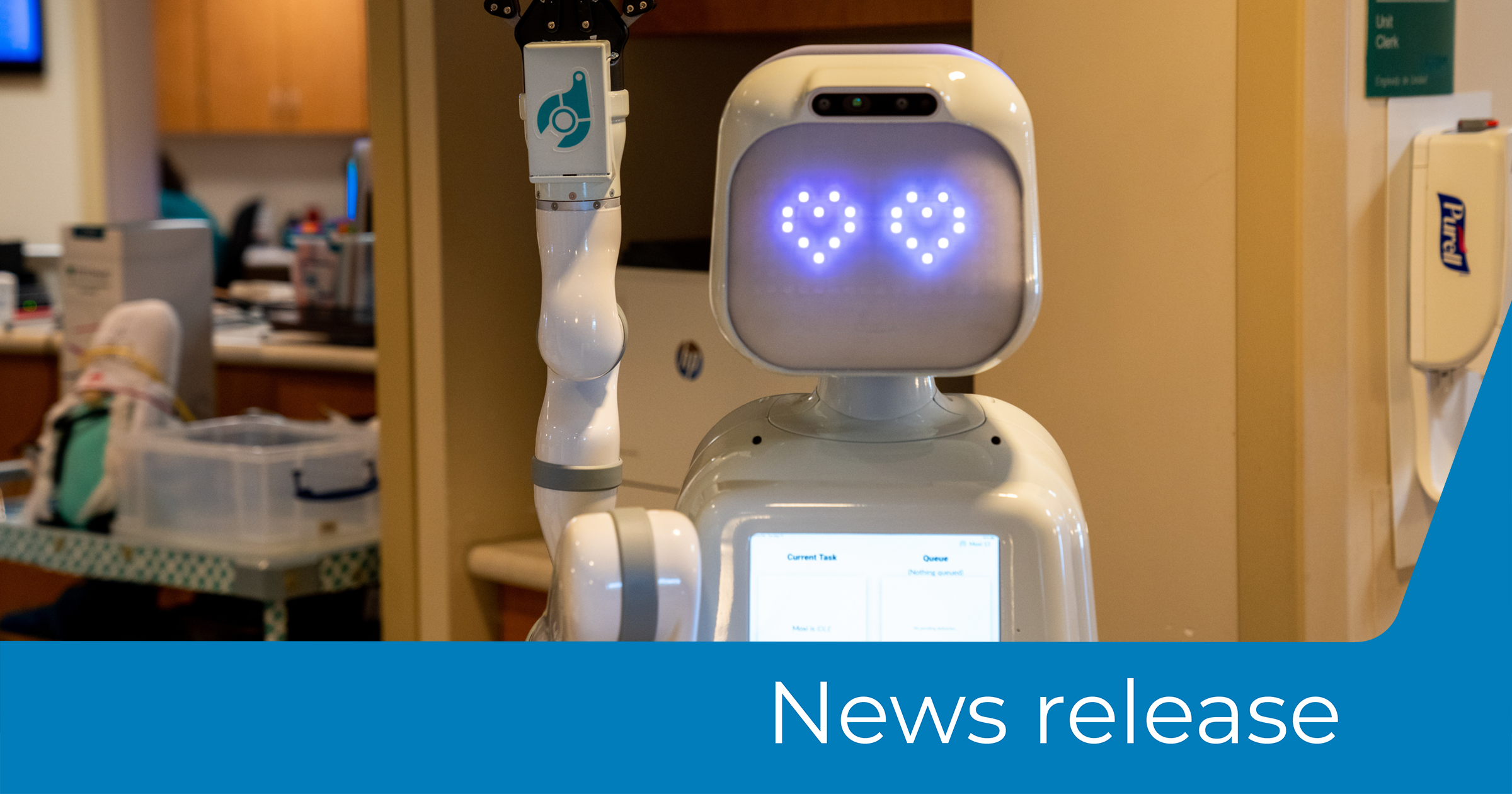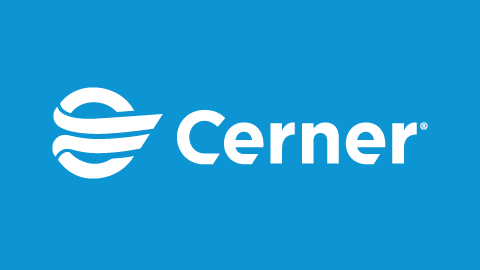ChristianaCare, a Cerner client since 1989, is piloting an innovative tool called Moxi, a collaborative robot — or “cobot” made by Diligent — that can assist inside the hospital by making deliveries and performing other non-clinical tasks so that nurses and other clinical staff can spend more time focused on what they do best—caring for patients.
With a landmark $1.5 million grant from the American Nurses Foundation, ChristianaCare will deploy a total of five Moxi cobots at Christiana Hospital. Cobots are designed to share workspace and interact directly with people. In ChristianaCare’s pilot program, the Moxi cobots are intended to be integrated with the Cerner electronic health record (EHR) platform and use artificial intelligence to proactively identify when nurses will need equipment, supplies, medications and lab tests.
Hospital helper
Directly from the Cerner EHR, Moxi will be able to anticipate clinician and patient needs and perform tasks without human involvement. Examples could include:
- Restocking basic patient supplies or delivering non-clinical items to patients based on ad hoc order requests.
- Making rounds across units to deliver lab samples on collections completed directly in the EHR.
- Making deliveries of pharmaceuticals not stocked on the floor.
- Prioritizing tasks based on the nursing workload in a unit, so that the busiest nurses will get help first.
“Connecting Moxi to the existing technology that clinicians use on a daily basis is key to making it easier to anticipate needs so clinicians can spend more time on patient care,” says Eva Karp, DHA, MBA, RN-BC, senior vice president, chief clinical and patient safety, Cerner. “Moxi could make a real difference in a nurse’s day – alleviating burnout and staffing shortages, which have become especially prevalent since the pandemic.”
Incorporating the EHR into Moxi is part of the study funded by the American Nurses Foundation.
“It’s absolutely in the best interest of our patients that Moxi can work alongside nurses so we can spend more time working directly with our patients to do what we do best,” said Pam Owen, MSN, RN-BC, nurse manager on 7E, one of the pilot units. “And Moxi brings a smile to people’s faces.”
At ChristianaCare
Research published in the Journal of Nursing Management shows that nurses spend a significant amount of time — up to 33% of their shifts — on time-consuming but simple tasks such as dropping off lab specimens, collecting supplies or picking up medications from the pharmacy. By taking over these time-consuming but simple tasks, Moxi enables nurses to focus on patient care, where their skills are most needed.
“Nurses need the time and space to deliver care and patient education at the top of their license,” said Ric Cuming, Ed.D., MSN, RN, NEA-BC, FAAN, chief nurse executive and president, ChristianaCare HomeHealth. “Moxi will be doing those hunting and gathering tasks such as getting equipment and supplies, which nurses are doing today but don’t need to be doing.”
The Moxi cobots will be deployed to 11 inpatient units, partnering with more than 400 nurses. The American Nurses Foundation grant will enable ChristianaCare to evaluate the impact of cobots on nursing practice with the goal of scaling the technology if successful.
“Moxi is not a replacement for a nurse or nursing position — or any position,” Cuming said. “It is an additional resource for nurses and their teams.”
Fast facts about Moxi
- Can complete up to 75 different 10-minute tasks.
- Works in 22-hour shifts.
- Needs only two hours of charging time.
- Weighs about 300 pounds.
- Can carry a total weight of 70 pounds.
- Gender-neutral. Pronouns are “it” for a single Moxi cobot and “they” for more than one.
- Named one of America’s Greatest Disruptors in 2021 by Newsweek and one of the Best Inventions of 2019 by Time Magazine.






